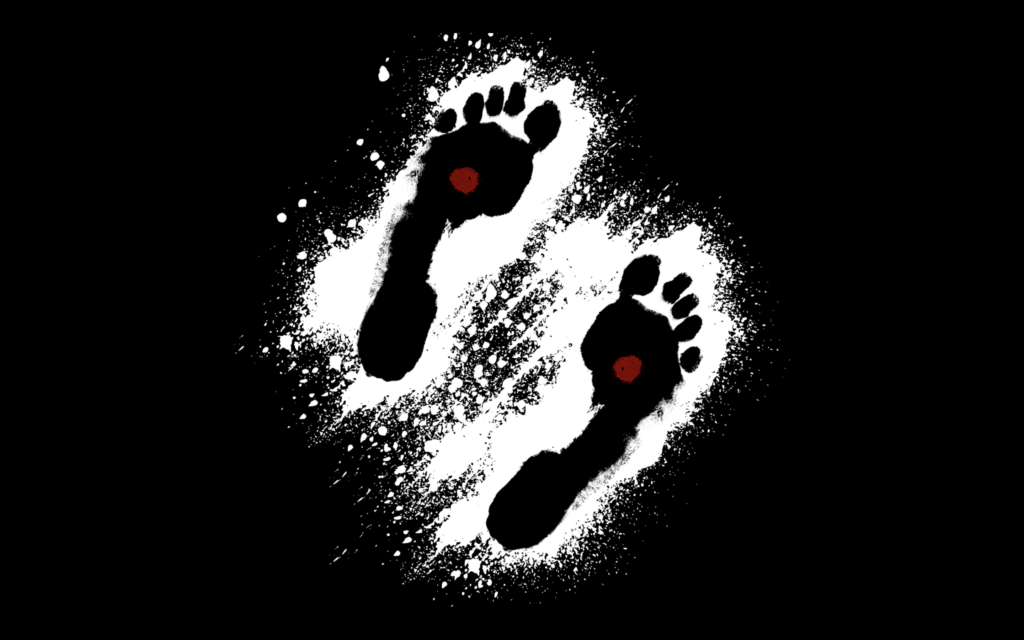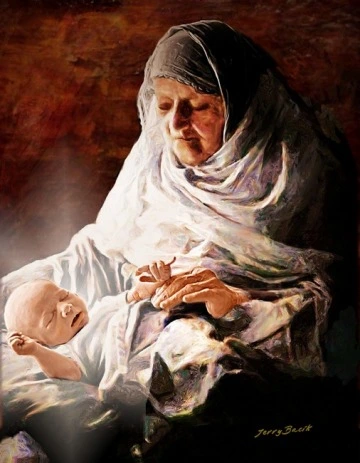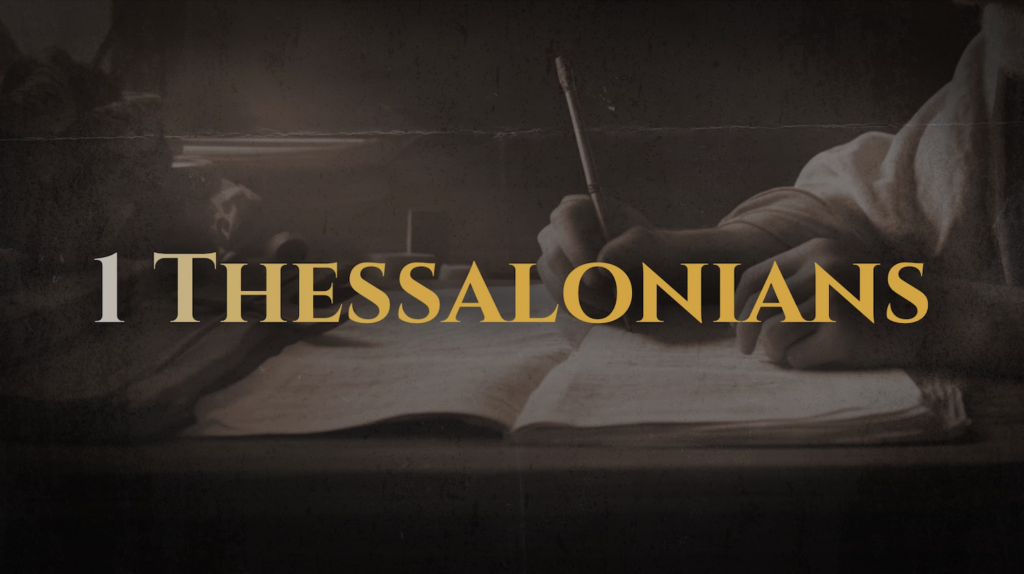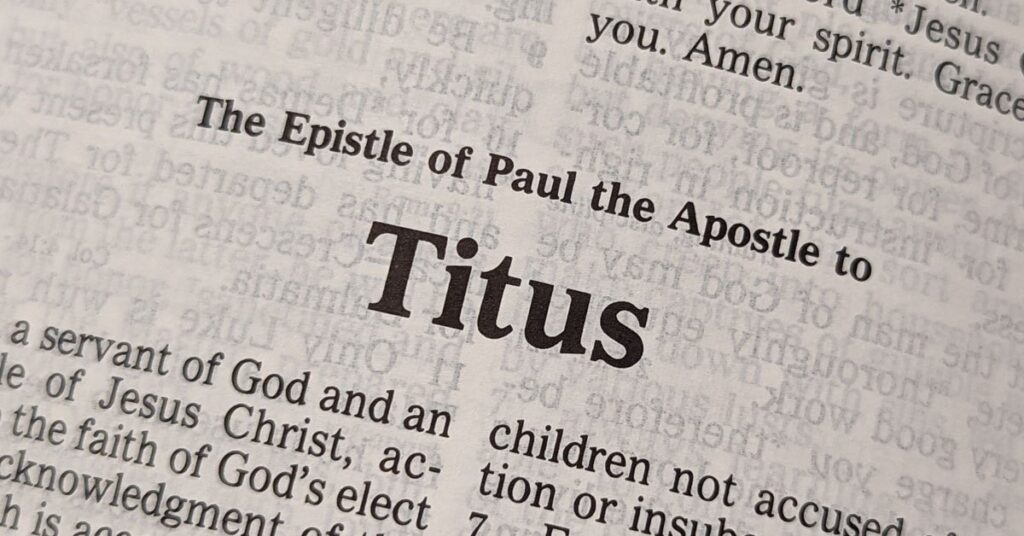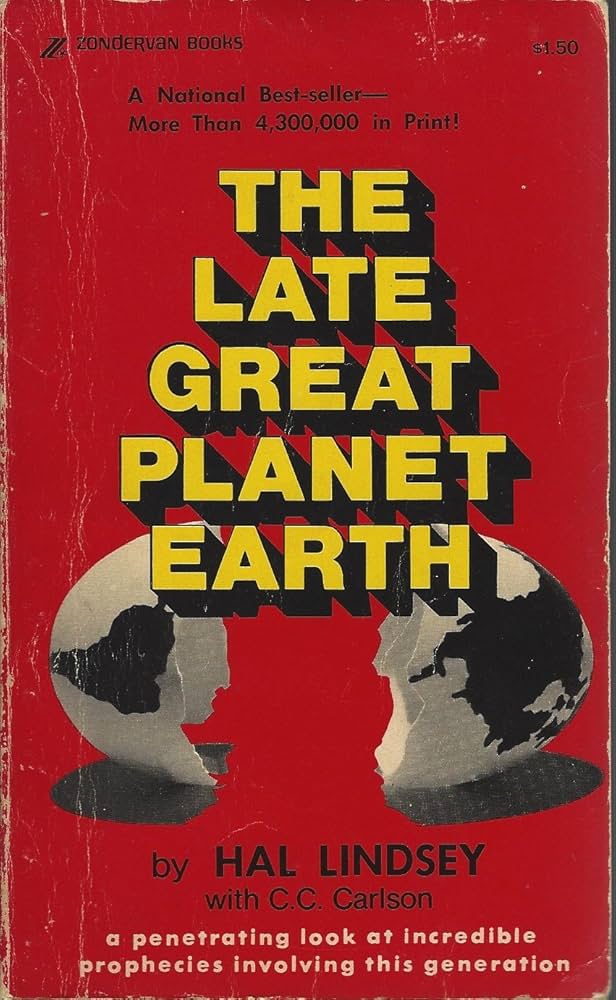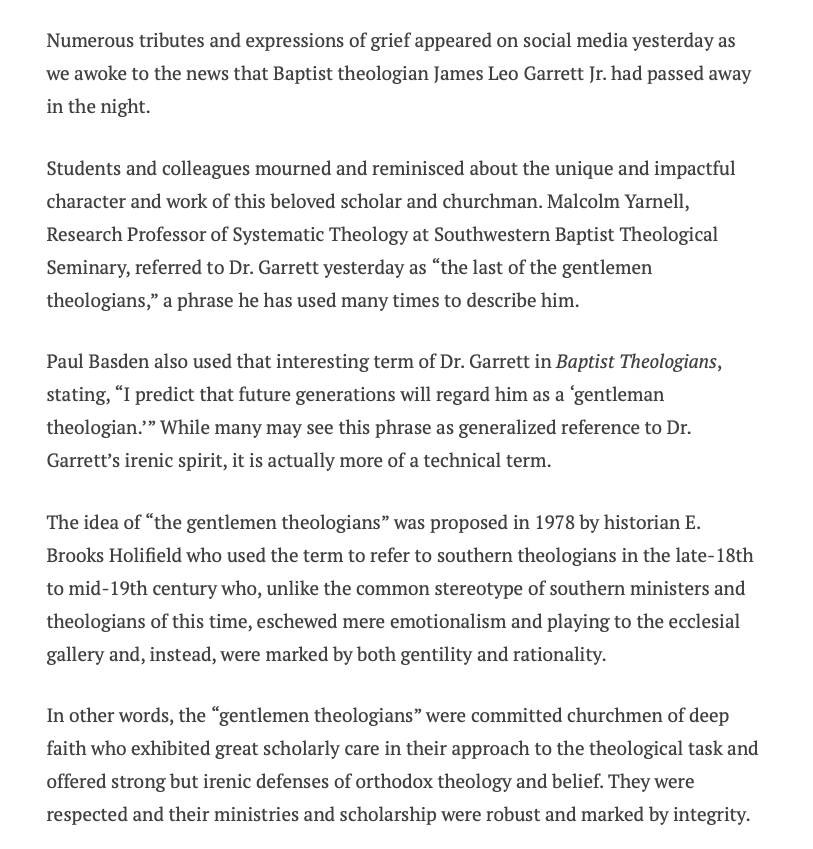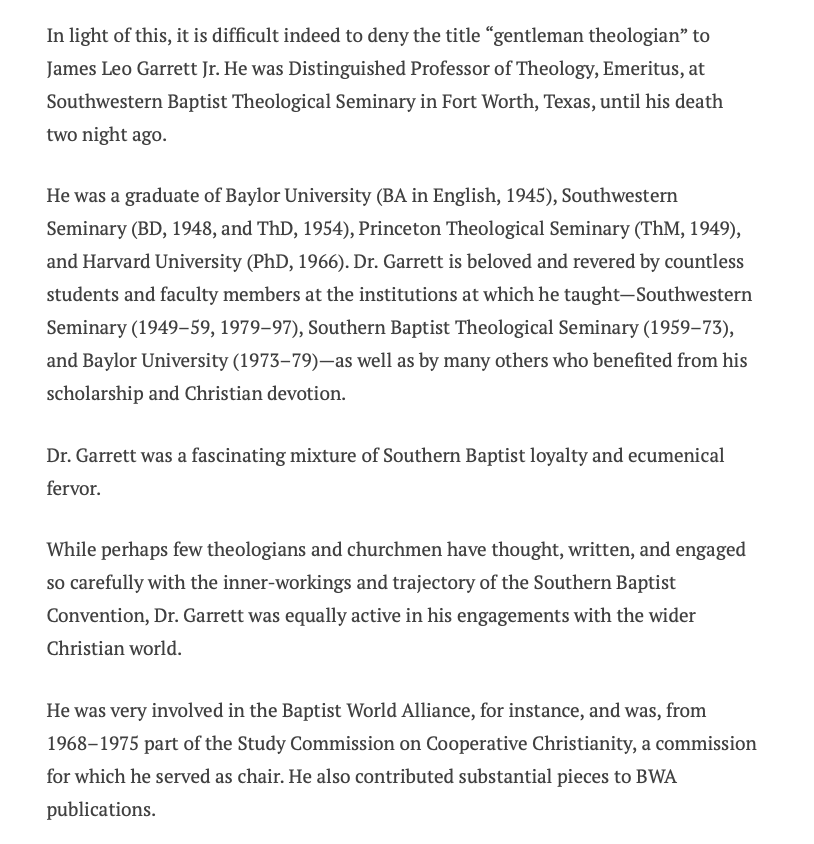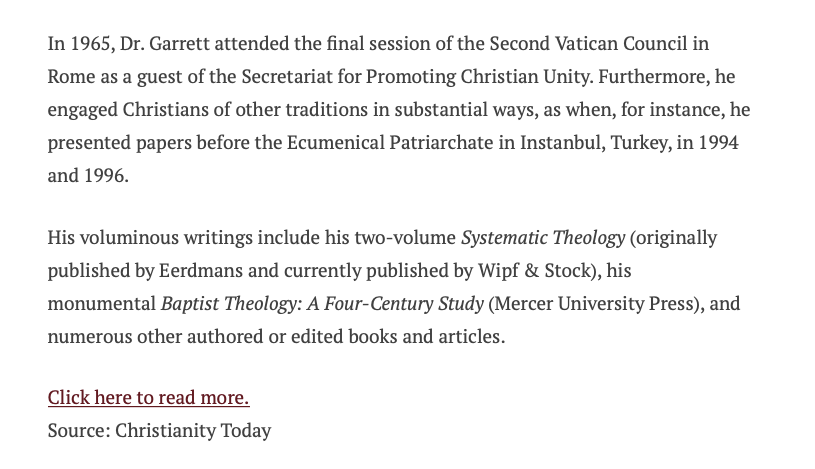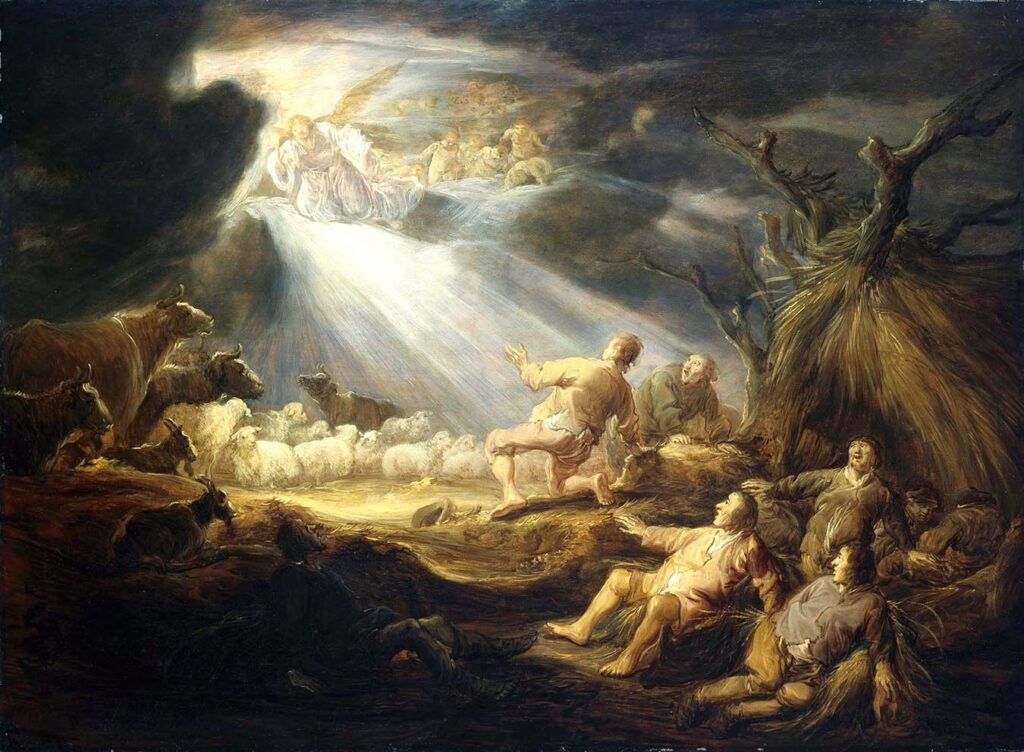
Luke 2
8 And in the same region there were shepherds out in the field, keeping watch over their flock by night. 9 And an angel of the Lord appeared to them, and the glory of the Lord shone around them, and they were filled with great fear. 10 And the angel said to them, “Fear not, for behold, I bring you good news of great joy that will be for all the people. 11 For unto you is born this day in the city of David a Savior, who is Christ the Lord. 12 And this will be a sign for you: you will find a baby wrapped in swaddling cloths and lying in a manger.” 13 And suddenly there was with the angel a multitude of the heavenly host praising God and saying, 14 “Glory to God in the highest, and on earth peace among those with whom he is pleased!”
I want to talk about something that has bothered me for fifty years. I am actually fifty years old, but I have been listening to the Christmas story since I was a baby and I have no doubt that even my little baby self was bothered by this! I am talking about the song that the angels sing to the shepherds out in their field, keeping watch over their flock by night. To clarify, I am not bothered by the song. I love the song! I am bothered by a question about the song.
First, let us clear up one matter: Yes, I am fully aware that that the angels are not technically depicted as singing these words. But there is reason to think that if they were not singing the words they were likely chanting the words in unison. There is a kind of military overtone to this “multitude of the heavenly host.” Regardless, the words are not casually voiced in a haphazard manner. There is intentionality to this and there is no reason not to envision it as a choir singing good news!
So what is my problem? After all, the song is only two lines:
Glory to God in the highest
and on earth peace among those with whom he is pleased!
My problem is the second line and, specifically, how the ending of the second line should be read. My problem, to put it simply, is that, throughout my life, I have detected and heard and noted various shifts in the ways that various translations present the second line and in the various ways that preachers preach on it. And these shifts potentially change the meaning of the song!
The confusion is around two Greek words that rest at the end of the second line:
- anthrōpos (men)
- eudokia (good will/favor)
So:
Glory to God in the highest
and on earth peace among those (anthrōpos) with whom he is pleased (eudokia)!
In short, nobody quite seems to know what the relationship between “men” (or “those” or “people”) and “good will” (or “pleased”) should be!
Young’s Literal Translation highlights the problem well when it renders the verse woodenly like this:
Glory in the highest to God, and upon earth peace, among men—good will.
Do you see that dash? That dash is the problem! Because some people render that dash “of”: “among men of good will.” And other people render that dash something like “who are the objects of God’s”: “among men who are the objects of God’s good will.” And other people switch the words on either side of that dash: “and upon earth, peace good will among men”!
I want to know what the dash is! I want to know what the angels sang!
But the Greek words anthrōpos (men or people or those) and the Greek word eudokia (good will/favor) do not tell us their exact relationship even though they sit right next to each other!
Even New Testament scholars agree! Joel Green writes of these two words in verse 14 that “the Greek is cryptic to a fault…”[1]
Al Wolters points out that “anthrōpoi eudokias” is an “awkward phrase” and “has no parallel in Greek literature.”[2]
And the various translations reflect this uncertainty. I have grouped these translations under the three different possible renderings I mentioned.
Good Will toward Men in General
Glory to God in the highest, and on earth peace, good will toward men. (King James Version)
Glory be to God in the high heavens, and peace in earth, and toward men good will. (1599 Geneva Bible)
Glory in the highest to God, and upon earth peace, among men—good will. (Young’s Literal translation)
Peace toward/among People of Good Will
Glory be in the highest things to God, and in earth peace be to men of good will. (Wycliffe Bible)
Glory to God in the highest Heaven! Peace upon earth among men of goodwill! (J.B. Phillips)
Glory to God in the highest places and peace on earth among men of good will. (David Bentley Hart)[3]
Peace toward/among Those with Whom God is Pleased
Glory to God in the highest, and on earth peace among those with whom he is pleased! (English Standard Version)
Glory to God in the highest, And on earth peace among men in whom he is well pleased. (American Standard Version)
Glory to God in the highest heaven, and peace on earth to people he favors! (Christian Standard Bible)
“Glory to God in the highest heaven,” they sang, “and peace on earth for all those pleasing him.” (Living Bible)
Glory to God in the highest heaven, and on earth peace to those on whom his favor rests. (New International Version)
Splendor in the highest places to God, and on the land, peace among God-pleased humans. (Scot McKnight)[4]
Glory to God in the highest, and peace upon earth among those in his favor. (N.T. Wright)[5]
To repeat the question, is the song:
- offering hope to all of humanity regardless of whether or not human beings have good will;
- offering hope to human beings who are people of good will;
- offering hope to human beings upon whom the good will of God rests?
Since there is uncertainty about how best to render those two Greek words, translators do the best they can in light of other factors like the witness of the rest of scripture and specifically the way the gospel of Luke works.
What did the angels sing on that night?
I think we can approach the answer to this! Let us jump in!
Continue reading →
